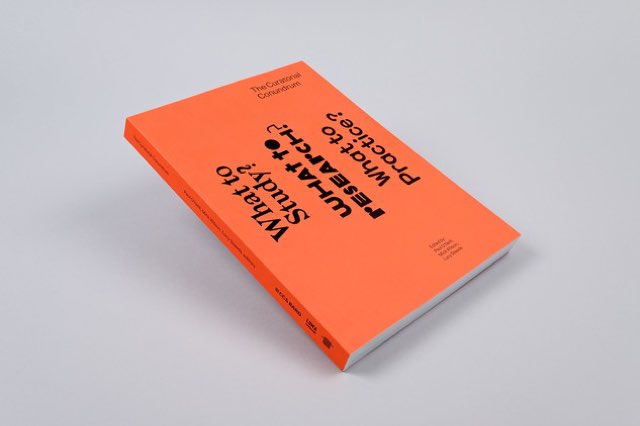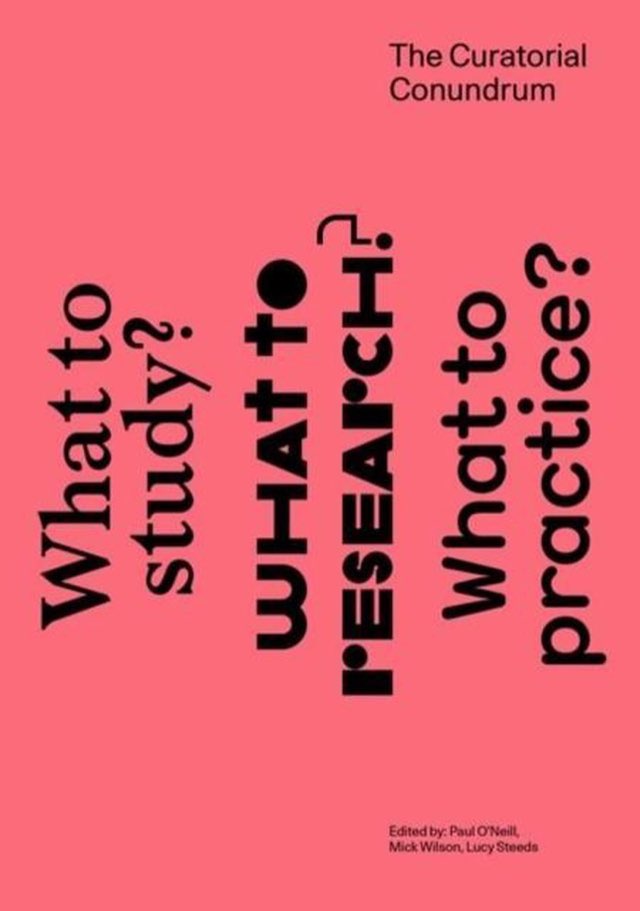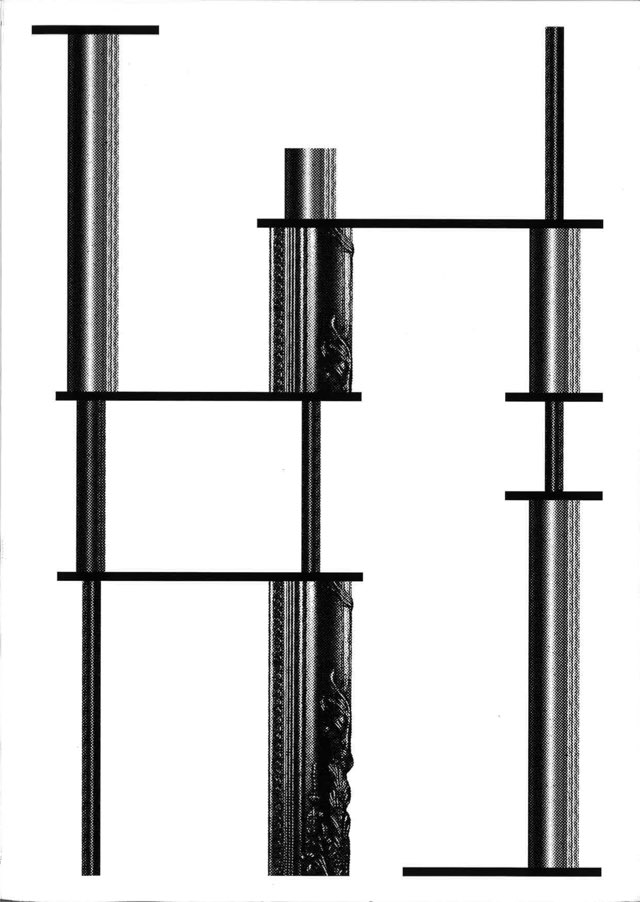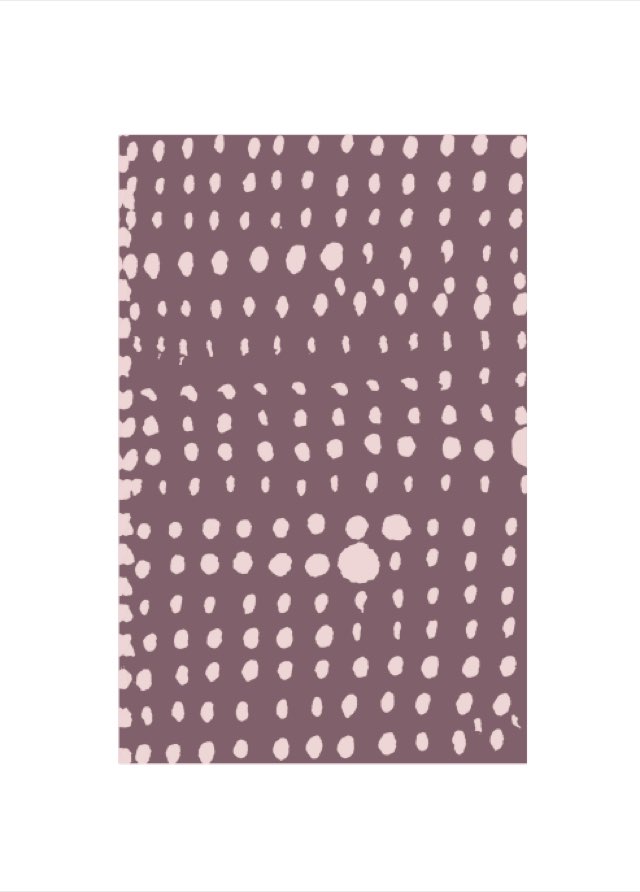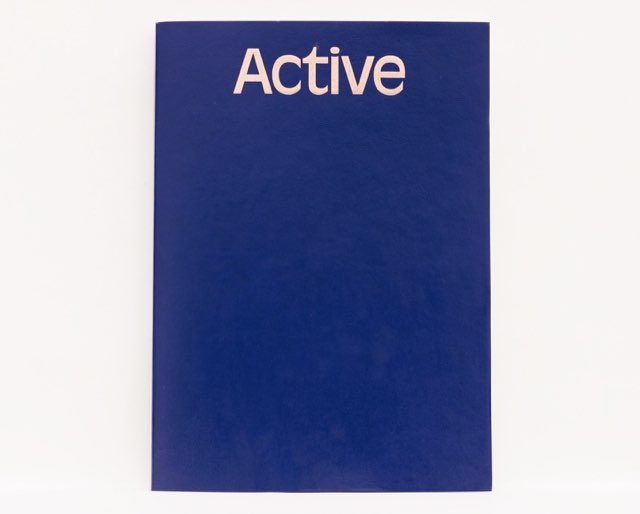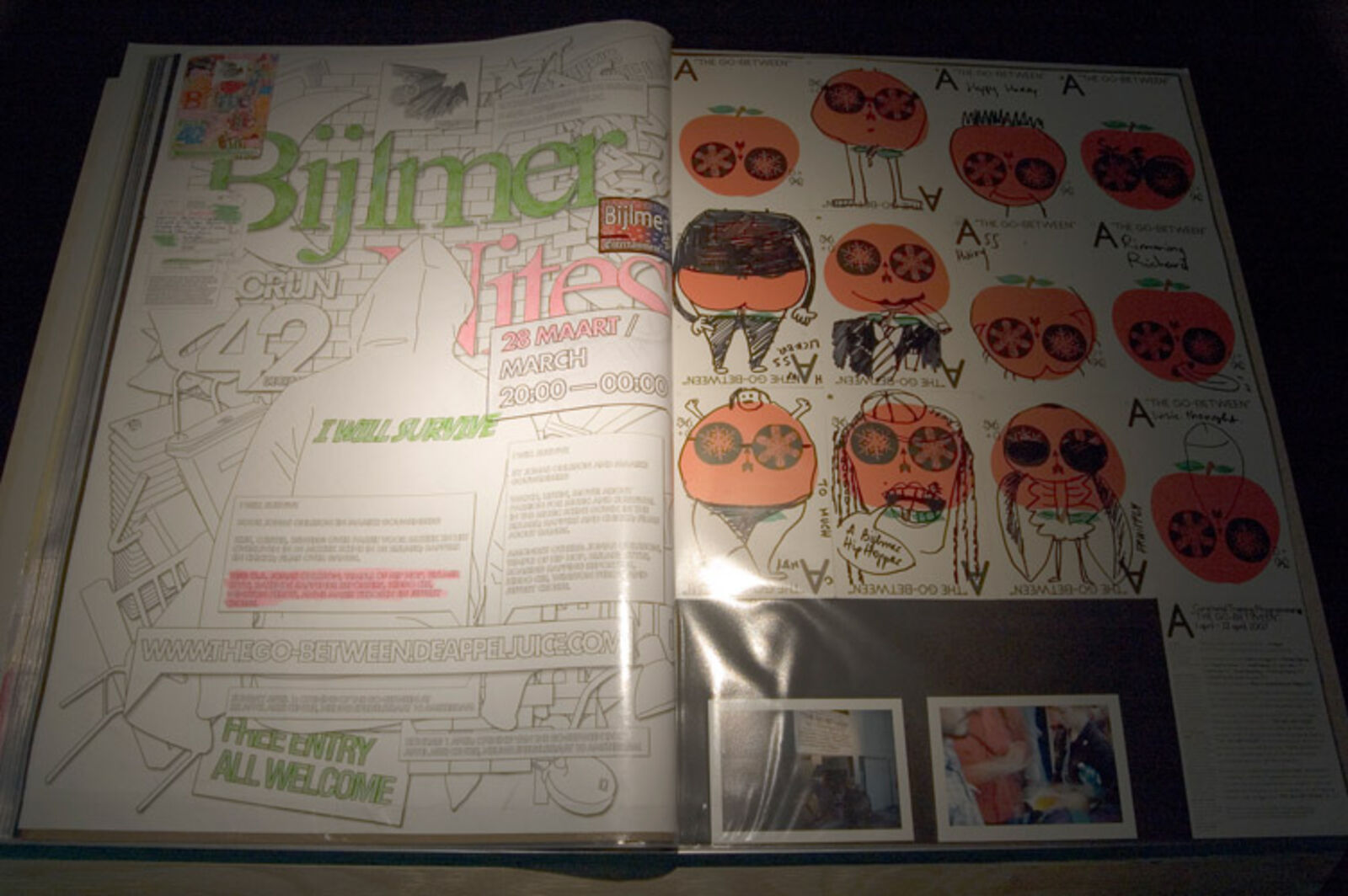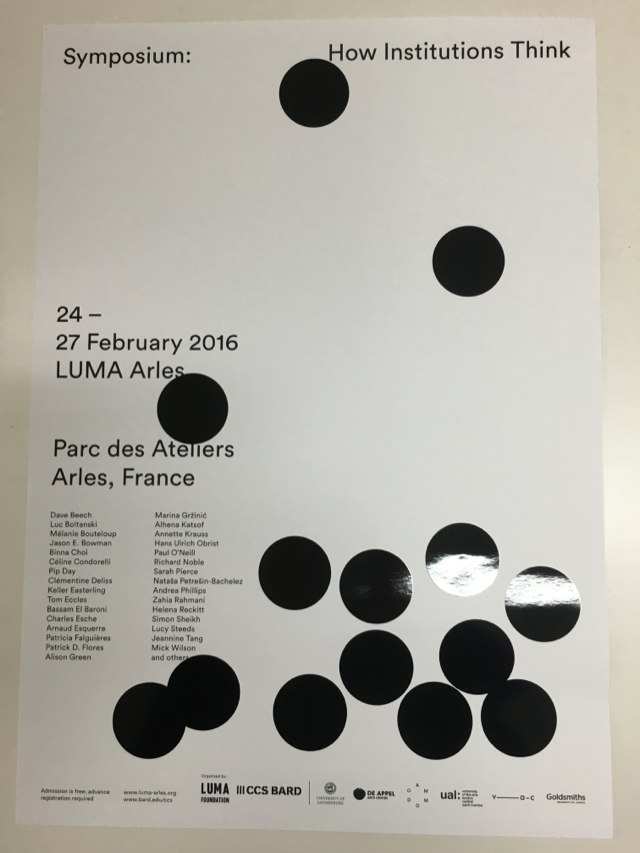The Future Curatorial What Not and Study What? Conundrum
Center for Curatorial Studies, Bard College

View of the Pavilion of Hotel Palenque is not in Yucátan by Montserrat Albores Gleason and Pedro&Juana. Image courtesy Pedro&Juana
2014 symposium organized by LUMA Foundation and CCS Bard in partnership with Valand Art Academy, University of Gothenburg; Afterall Books: Exhibition Histories and Central Saint Martins, University of Arts London; and de Appel arts centre, Amsterdam
Titled The Future Curatorial What Not and Study What? Conundrum, the symposium will include presentations by Nancy Adajania, Mélanie Bouteloup, Thomas Boutoux, Luis Camnitzer, Eddie Chambers, Nikita Yingqian Cai, Zasha Colah and Sumesh Sharma (Clark House Initiative), Common Practice New York (CPNY), Elvira Dyangani Ose, Galit Eilat, Annie Fletcher, Liam Gillick, Koyo Kouoh, Miguel A. López, Hans Ulrich Obrist, Tobias Ostrander, Joao Ribas, Sarah Rifky, Simon Sheikh, David Teh, What, How and for Whom, Jelena Vesić and Vladimir Jerić, Vivian Ziherl and others.
The moderators and respondents will include Lorenzo Benedetti, Suhail Malik, Paul O’Neill, Lucy Steeds, Jeannine Tang and Mick Wilson.
Given the extraordinary expansion of curatorial research and its surrounding debates, the focus of this international conference, organized collaboratively by four of the world’s most prominent curatorial programs asks not “what is next” but rather the more urgent and durable question of “what futures?” This is a question asked with deliberate intention to carry forward the various critical projects framed within curatorial production of the last two decades. The question “What future?” becomes also “Whose futures?” and “Whose agency to frame possible futures?”
These questions have a particular challenge, given the contestation of “the future” at play in our contemporary imaginaries—from the fatalism of “there is no alternative” and the counter-intuitive “no-future” to the critical optimism of “sustainable futures” and the undisclosed promise of multiple “potentialities” and the perennial refrain that “there is always an alternative!”
In order to address the question of the future of curatorial practice this wide range of practitioners and commentators from across the world will convene to consider these four central questions:
–What is the future of curatorial education?
–What is the future of curatorial research? What is the future of exhibition histories/studies?
–How will these parallel futures affect curatorial and artistic practice?
–What kinds of future institutions are needed to make these futures possible?
The expansion of the curatorial field in recent decades has been well rehearsed elsewhere, and the issues within these debates are by now widely familiar, including the specificity of exhibition-making as a modality of public-ness; curatorial agency and wider questions of “public” culture; the varieties of globalization and the different conditions of contemporary practices; exhibition histories’ counter-hegemonic practices; the archive and the collection as unfinished and contested sites; the dynamics of curatorial rhetorics; the political economies of production, display and distribution; forms of emergence, co-production and generative practice; re-constructions of the aesthetic; the renewal or displacement of critical discourses through curatorial frameworks; the analogy of curating-and-the-curatorial with politics-and-the-political; the various turns to the “discursive,” the “educational,” the “social” and the “object” in curatorial and artistic practices. While conscious of these already well known debates, the Bard College symposium aims to generate new forms for instituting the future of curatorial research and practice.
The symposium is organized by Paul O’Neill and Tom Eccles (CCS Bard/LUMA Foundation) in partnership with Mick Wilson (Valand Art Academy, University of Gothenburg); Lucy Steeds, Yaiza Hernández, Charles Esche, and Alison Green (MRes Art: Exhibition Studies/Afterall Books: Exhibition Histories and BA/ MA Culture, Criticism and Curation at Central Saint Martins, London); and Lorenzo Benedetti and Guus van Engelshoven (de Appel Arts Centre, Amsterdam). The symposium is part of an ongoing collaboration between CCS Bard and the LUMA Foundation, which hosted previous symposia organized by the two institutions. Both The Human Snapshot (2011) and The Flood of Rights (2013) were held in Arles and addressed the photographic image and human rights. LUMA Foundation, through LUMA Arles, is currently developing a new cultural program in Arles, France. The project is located in the former railway yards of Arles and includes a major new building designed by Frank Gehry and the renovation of the industrial buildings on the Parc des Atelier.
The symposium will take place in a specially commissioned room in the Hessel Museum of Art designed by architects Pedro&Juana as part of the exhibition Hotel Palenque is not in Yucatán, curated by Montserrat Albores Gleason (CCS Bard alumna and the 2012–14 Fundación Jumex Curatorial Fellow at CCS Bard), which is on view during the symposium. Also on view at CCS Bard during the symposium is Spectres, an exhibition and film by Belgian artist Sven Augustijnen that explores events surrounding the assassination Patrice Émery Lumumba, the first elected Prime Minister of independent Congo, on January 17, 1961 and its contemporary resonance.
Video of the symposium will be made available on our website: www.bard.edu/ccs. Please check back regularly. A follow-up publication will be released in 2015.
For more information on the conference please write ccs@bard.edu, call T +1 845 758 7598, or see www.bard.edu/ccs.
Center for Curatorial Studies
Bard College
Annandale-on-Hudson, NY
www.bard.edu/ccs
